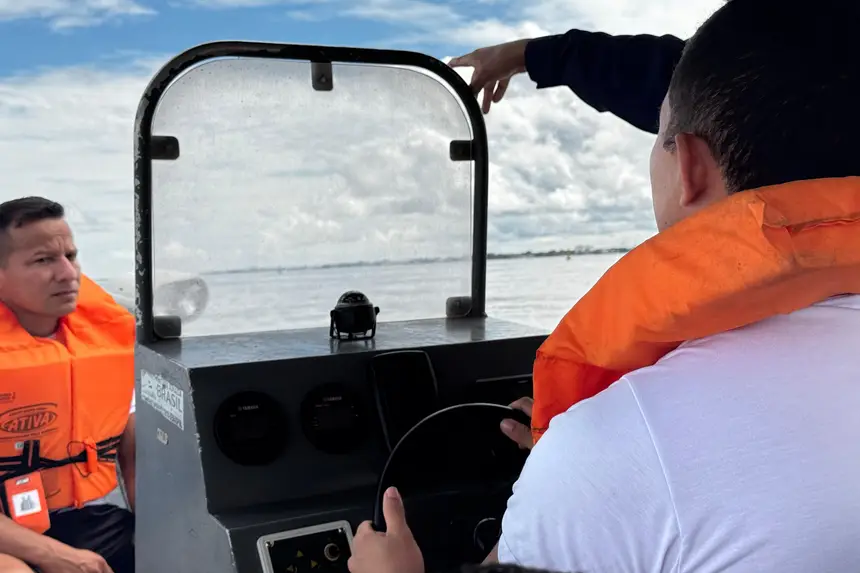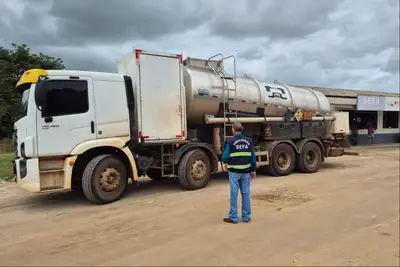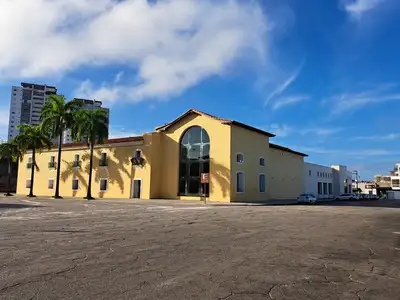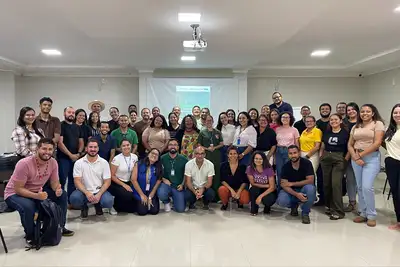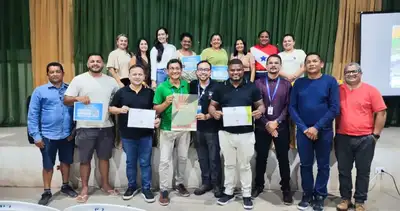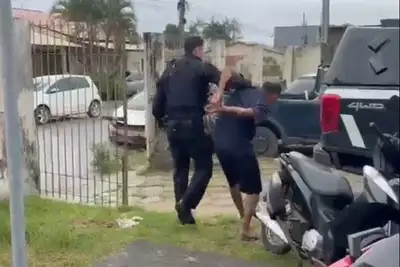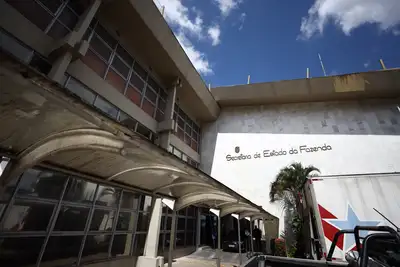Agents of the River Group are trained in vessel operation
Course developed by the Brazilian Navy aims to train 32 agents for integrated action in the fight against crime
The Public Security River Group (GFlu), linked to the State Secretariat for Public Security and Social Defense (Segup), is conducting the course "Special for State Vessel Crew in Public Service (ETSP)", developed by the Brazilian Navy, with the aim of promoting the integration of forces through knowledge, thus ensuring that security on the rivers is carried out with more specialized agents in their areas of action. A total of 32 security force and regulatory agency personnel are participating in the training.
For Ualame Machado, head of Segup, investing in training like this is important for the integration of security forces. "Investing in training means investing directly in the improvement not only of work but also in the humanization of agents among themselves. This exchange of experiences benefits everyone involved in river security, which are such characteristic and peculiar routes of our region, where we act strategically in combating drug trafficking, violent crime, and environmental crimes," said the secretary.
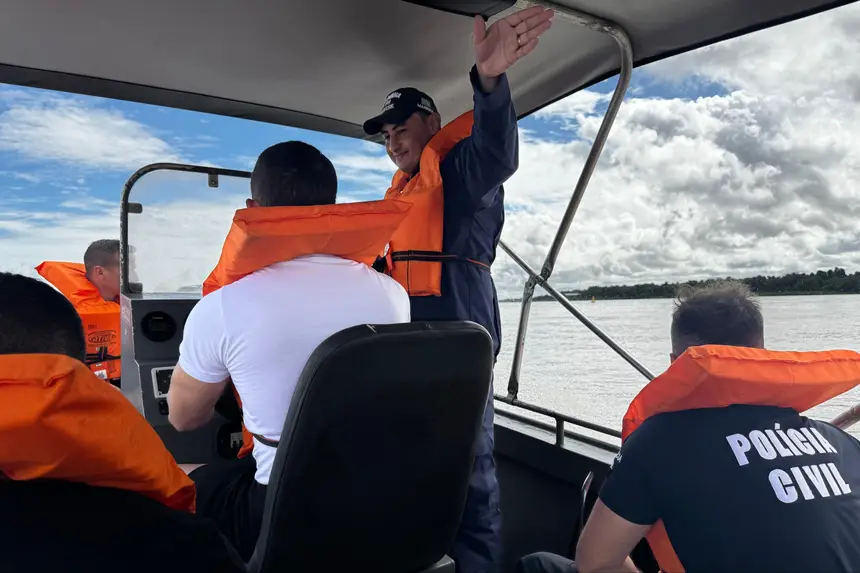
Qualification - The course is aimed at boat operators and qualifies 32 public agents, including 14 from the State Secretariat for Environment and Sustainability (Semas), 11 military police officers, three civil police officers, three firefighters, and one from the Brazilian Army. The training, which started on April 22, includes theoretical classes on navigation, first aid, navigation maneuvers, survival, legislation, and other specific training areas. There are 48 hours of workload, divided between theory and practice. The course will conclude on Wednesday (30), reiterating the commitment to the qualification of the agents who ensure security on the rivers.
The training aims to increase the number of agents qualified to conduct and perform ostensive activities on the rivers, as the increase in this personnel means expanding the capacity of areas reached by aquatic policing, emphasized Lieutenant Colonel Bruno Anaisse, Operational Coordinator of the River Public Security Group.
"The training consists of expanding the State's protection network through the training of personnel, allowing each one to play a unique role within their area of action, with more preparation and training. Semas directly combats environmental crimes; the Military Police conducts ostensive policing and initiates operations, and the Civil Police and Fire Department work together in security. The idea is that these agents can operate more easily in their work fronts," added the coordinator.
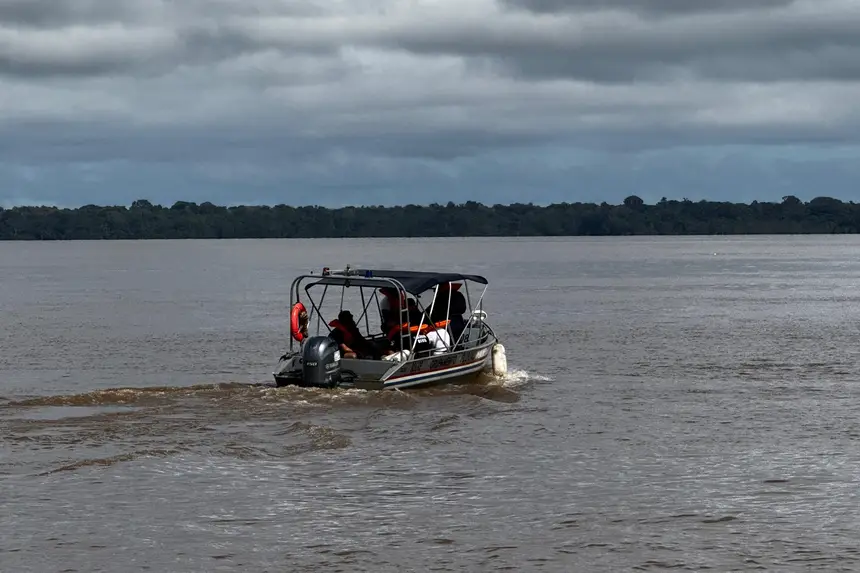
For Lorena Leal, a server at the Secretariat of Environment and Sustainability, "Semas operates on several fronts involving environmental offenses, such as the inspection of ferries and the defense of rivers. For this, specialized training in vessels is required. Therefore, this moment of learning and integrated training with other forces is of utmost importance, expanding our understanding of how to improve work based on the experiences of each one who makes up the State's security."
Text: Rubens Alves, supervised by Walena Lopes - Ascom/Segup



